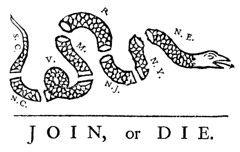French & Indian War and Colonial Tensions
4.7(3)
Card Sorting
1/21
There's no tags or description
Looks like no tags are added yet.
Study Analytics
Name | Mastery | Learn | Test | Matching | Spaced |
|---|
No study sessions yet.
22 Terms
1
New cards
salutary neglect
the way in which Britain handled the colonies. Basically left them alone to handle their own affairs under the supervision of a royal governor
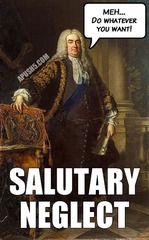
2
New cards
French and Indian War
part of the Seven Years War- between France/Indians and Britain/Colonists. George Washington became a colonial hero in this war. Treaty of Paris (1763) ended the war and France gave up all holdings east of MS River and south of Canadian border.
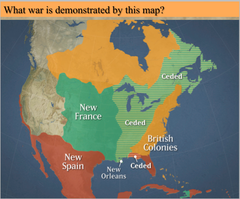
3
New cards
Proclamation of 1763
issued by King George III that outlawed and settlement west of the Appalachian Mtns. so as to avoid conflict with Native Americans. Not popular among land hungry colonists
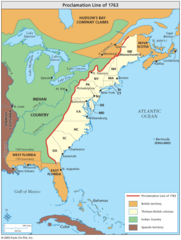
4
New cards
customs duties
taxes on imports and exports
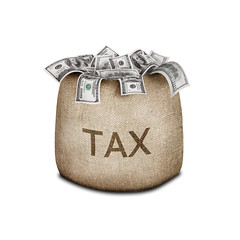
5
New cards
Sugar Act
passed in 1764; raised taxes on raw sugar and molasses. Extremely unpopular because it hurt trade. Gave rise to the expression "No taxation without representation"
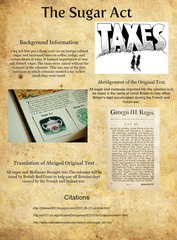
6
New cards
Stamp Act
passed in 1765; required stamps to be on most printed materials, i.e. newspapers and playing cards. The stamps were proof the tax had been paid. Increased discussion in the colonies for more representation. Repealed in 1766 due to its unpopularity.
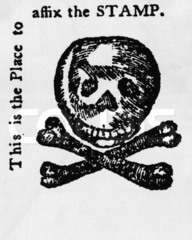
7
New cards
Sons of Liberty
patriotic group created to combat the unfair taxes. Used tactics such as tarring and feathering to deter would be tax collectors.
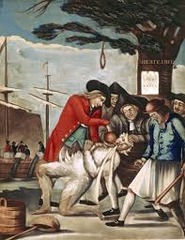
8
New cards
Declaratory Act
affirmed that Parliament had the right to enact any law in the colonies.
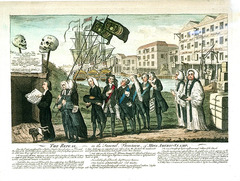
9
New cards
Townshend Acts
Series of laws in 1767 aimed at easing Britian's financial woes. Taxes imposed on items such as glass, lead, paper, and tea.
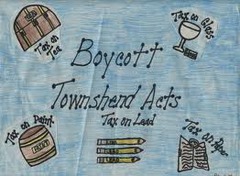
10
New cards
writs of assistance
general search warrants which enabled customs officers to enter any place to look for proof of smuggling.
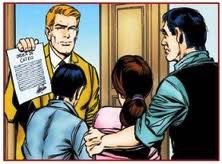
11
New cards
Boston Massacre
First confrontation between colonists and British troops. March 5, 1770- 3 people killed. Newspapers portrayed the troops as tyrants and this fueled the patriotic fervor growing in the colonies.
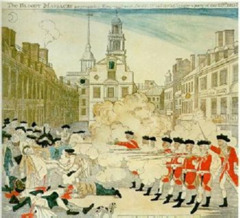
12
New cards
Boston Tea Party
dramatic event in 1773 to protest the Tea Act. Colonists dressed up in disguise and dumped several thousands of pounds of tea into Boston Harbor.
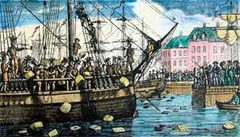
13
New cards
Coercive Acts
Passed in 1774 in response to the Boston Tea Party. These laws violated virtually all the rights guaranteed to British subjects. Referred to as "Intolerable Acts" by the colonists.
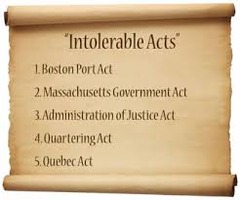
14
New cards
First Continental Congress
55 delegates from 12 colonies (Georgia didn't attend) met in Philadelphia on Sept. 5, 1774 to discuss resolution to the crisis with Britain.
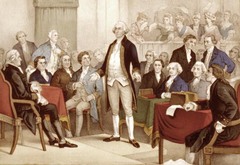
15
New cards
Loyalists
Also known as "Tories"; American colonists who supported the British
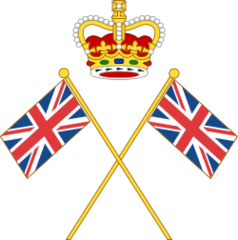
16
New cards
Patriots
Also known as "Whigs"; believed the British were tyrants who didn't care about them
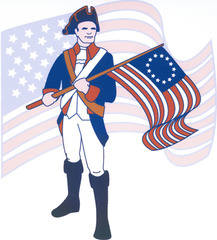
17
New cards
"The Shot Heard Round the World"
reference to the first shot at Concord, Mass. April 19, 1775 signalling the start of the American Revolution
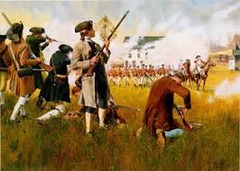
18
New cards
Second Continental Congress
met in Philadelphia 1775. Discussed defense in the colonies and chose George Washington as commander of the new American army
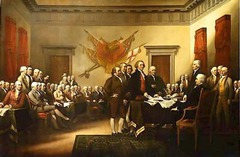
19
New cards
Olive Branch Petition
sent to King George III by the Continental Congress asking for a peaceful resolution to the conflict. In it they declared their loyalty to the king.King George refused to read it and pronounced the colonists as enemies.
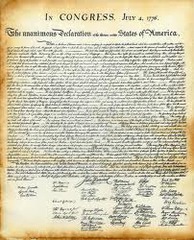
20
New cards
Thomas Paine
avowed Patriot who's pamphlet "Common Sense" stirred up anti-British sentiment and increased calls for independence. Sold over 100,00 copies in three months in 1776.
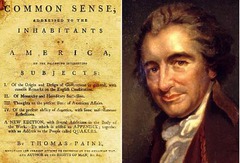
21
New cards
Declaration of Independence
issued July 4, 1776 by the Second Continental Congress. Has three parts: preamble, list of grievances, and signatures of those attending. Written primarily by Thomas Jefferson and reflects Enlightenment thought.
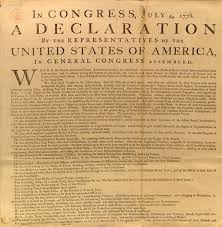
22
New cards
Albany Plan of Union
conference in Albany, NY (headed by Benjamin Franklin) which first discussed the possibility of colonies uniting as one. It was rejected but showed that colonists were thinking about union
